Volkswagen faced further pressure over its Xinjiang links as British parliamentarians called on the UK government to investigate the carmaker’s compliance with the country’s slavery laws following a Financial Times investigation into an audit of its factory in the Chinese region.
The FT on Thursday reported that the audit, which VW claimed cleared it of allegations of forced labour in Xinjiang, had in fact failed to meet international standards.
Sarah Champion, Labour MP and chair of the international development select committee, said: “There needs to be an investigation not only into Volkswagen but into supply chains of most major products.”
Champion, who is calling for stronger UK legislation to crackdown on forced labour in international supply chains, added that companies were turning a blind eye to human rights abuses in their supply chains as they prioritised commercial gains.
Liam Byrne, another Labour MP and chair of the House of Commons business and trade committee, said the issues with the audit provided “fresh evidence for why we need to quickly overhaul the UK’s modern slavery laws to deliver far tougher transparency through the supply chains of big firms”.
He urged the UK to introduce legislation similar to the US Uyghur Forced Labor Prevention Act or usher in a facility inspection regime that would give UK customers, suppliers and investors the protections they “want and need against the abuse of forced labour”.
Conservative MP Sir Iain Duncan Smith, co-chair of the hawkish Inter-Parliamentary Alliance on China, said he was planning to table a parliamentary question demanding that ministers examine the German company’s compliance with the UK’s Modern Slavery Act.
“Following the FT’s report, I am calling on the government to carry out a thorough investigation into VW’s supply chains,” Duncan Smith said.
Human rights groups in Xinjiang have documented widespread abuse against the mainly Muslim Uyghur ethnic group, with reports that hundreds of thousands of people were detained in the region from 2017 to 2019. Beijing has denied allegations of human rights abuses.
Under the 2015 slavery act, companies that supply UK customers must annually disclose what action they have taken to ensure no modern slavery exists in the business or its supply chains.
After pressure from human rights groups and investors, VW in December said that it had carried out an audit of its plant in Xinjiang, which is run by a joint venture with state-owned SAIC.
It said that the audit, carried out by Berlin-based consultancy Löning and an unnamed Chinese law firm, had applied the internationally renowned SA8000 standard and found “no indications of any use of forced labour”.
But a leaked document, which was also reviewed by Der Spiegel and ZDF, showed failures to comply with the standard.
The plant in Xinjiang has become a headache for VW amid growing tensions between Beijing and several western governments, including the US. Earlier this year, thousands of Porsche, Bentley and Audi cars were held up in US ports after a discovery of a Chinese subcomponent in the vehicles that breached the country’s anti-forced labour laws.
VW executives have remained reluctant to close the plant, which no longer produces cars and only employs 197 people, as this would risk harming the company’s lucrative relationship with SAIC.
It could also hurt the company in China, where consumers in the past have boycotted brands that acknowledge controversies in Xinjiang that Beijing vehemently denies.
Chinese consumers boycotted brands including H&M and Nike three years ago after they pledged not to buy Xinjiang cotton — a scenario that VW, which has already been losing share in its most profitable market, has been careful to avoid.
VW did not immediately respond to a request for comment on the development in the UK. The carmaker on Thursday said that it “always complies with legal requirements in its communications”, adding that “investors or the public have never been deceived”.
The UK Department for Business and Trade did not immediately respond to a request for comment.

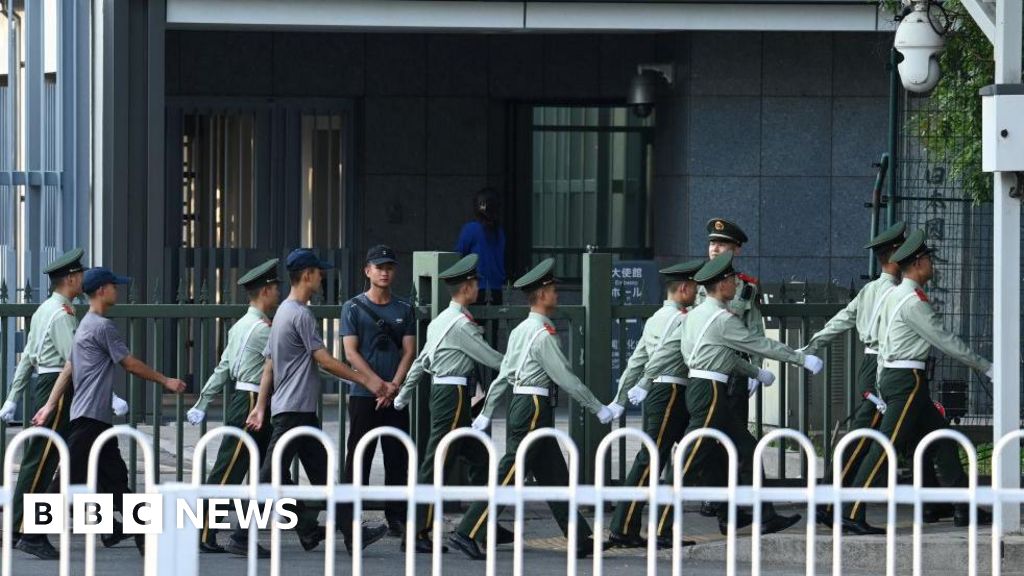

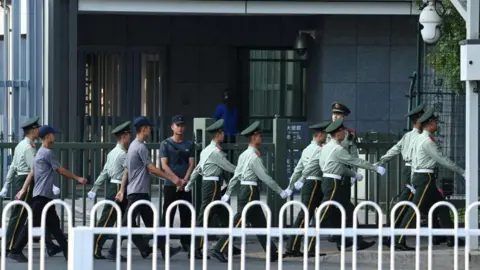
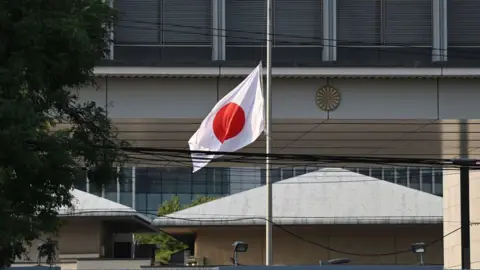
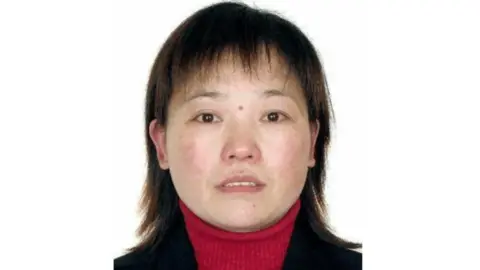

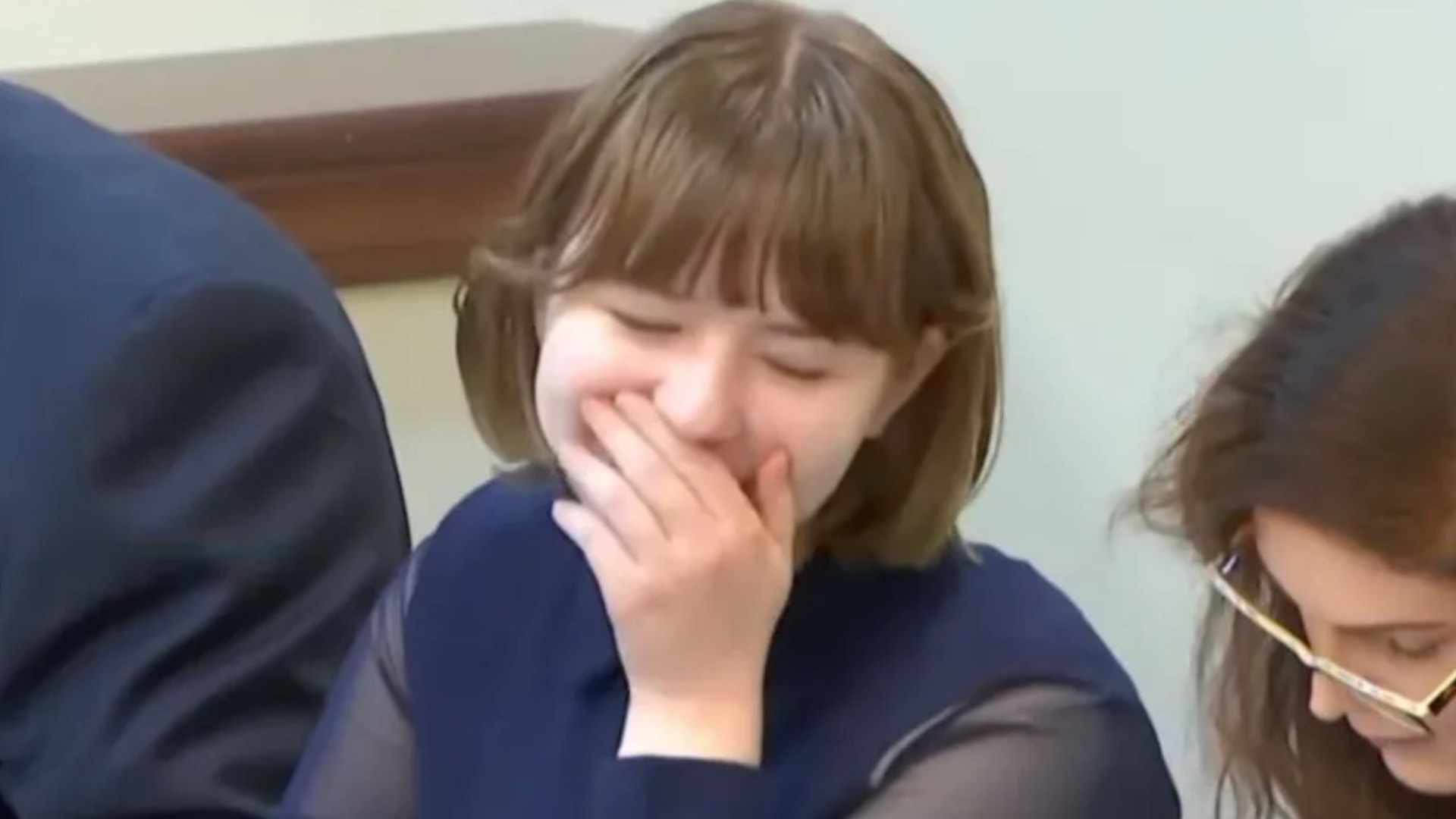






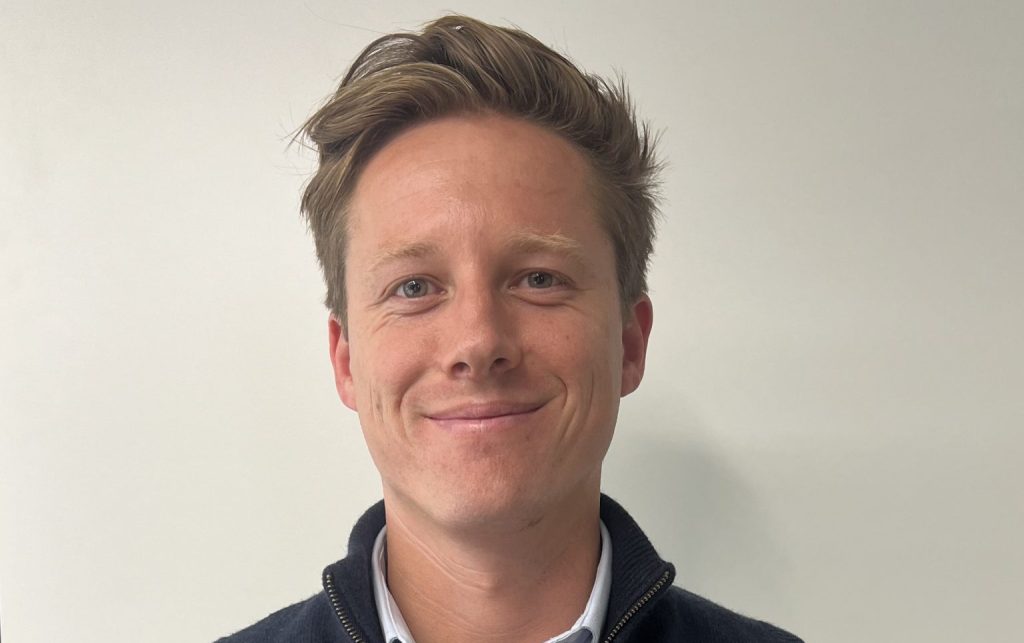
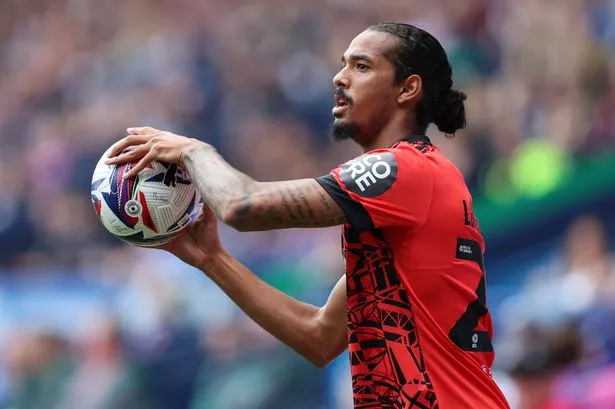































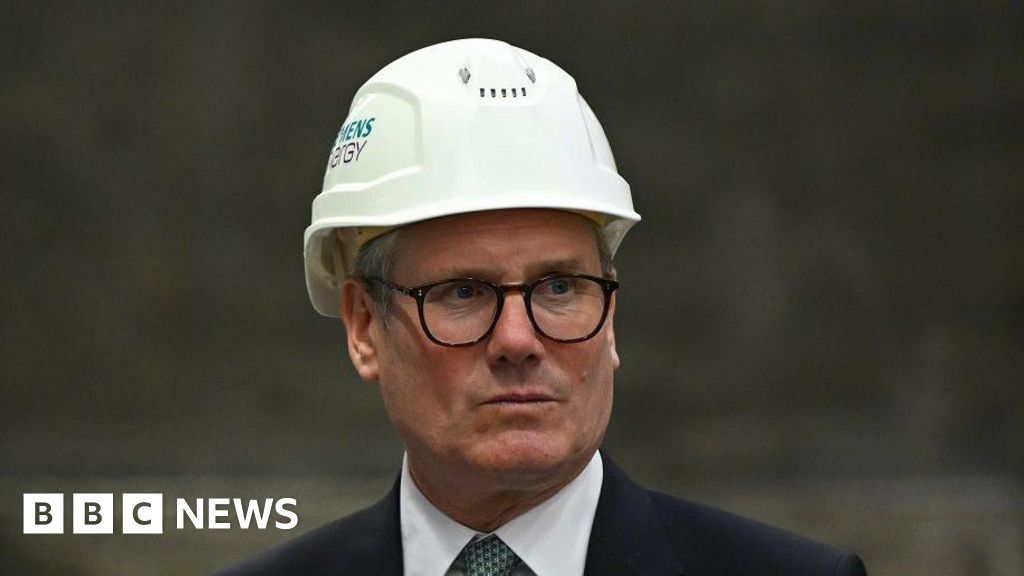































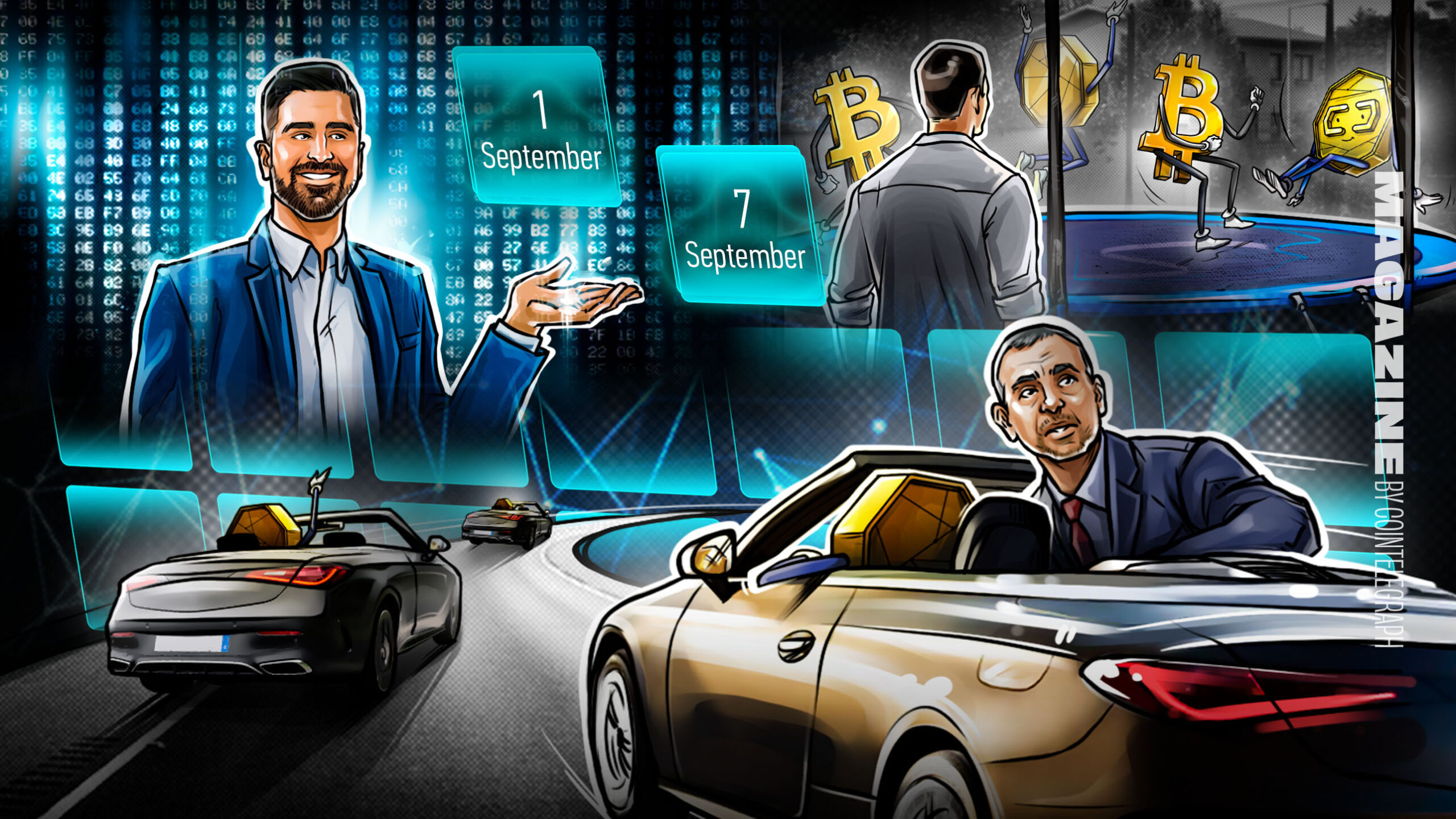

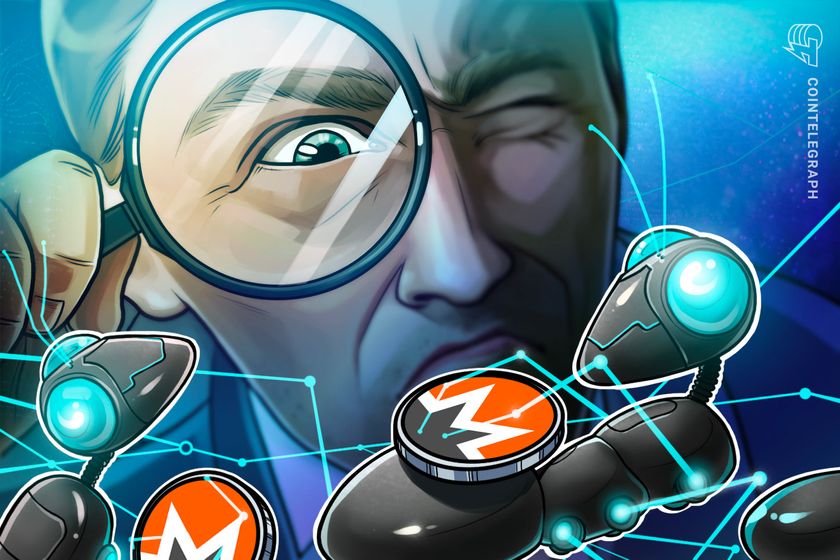



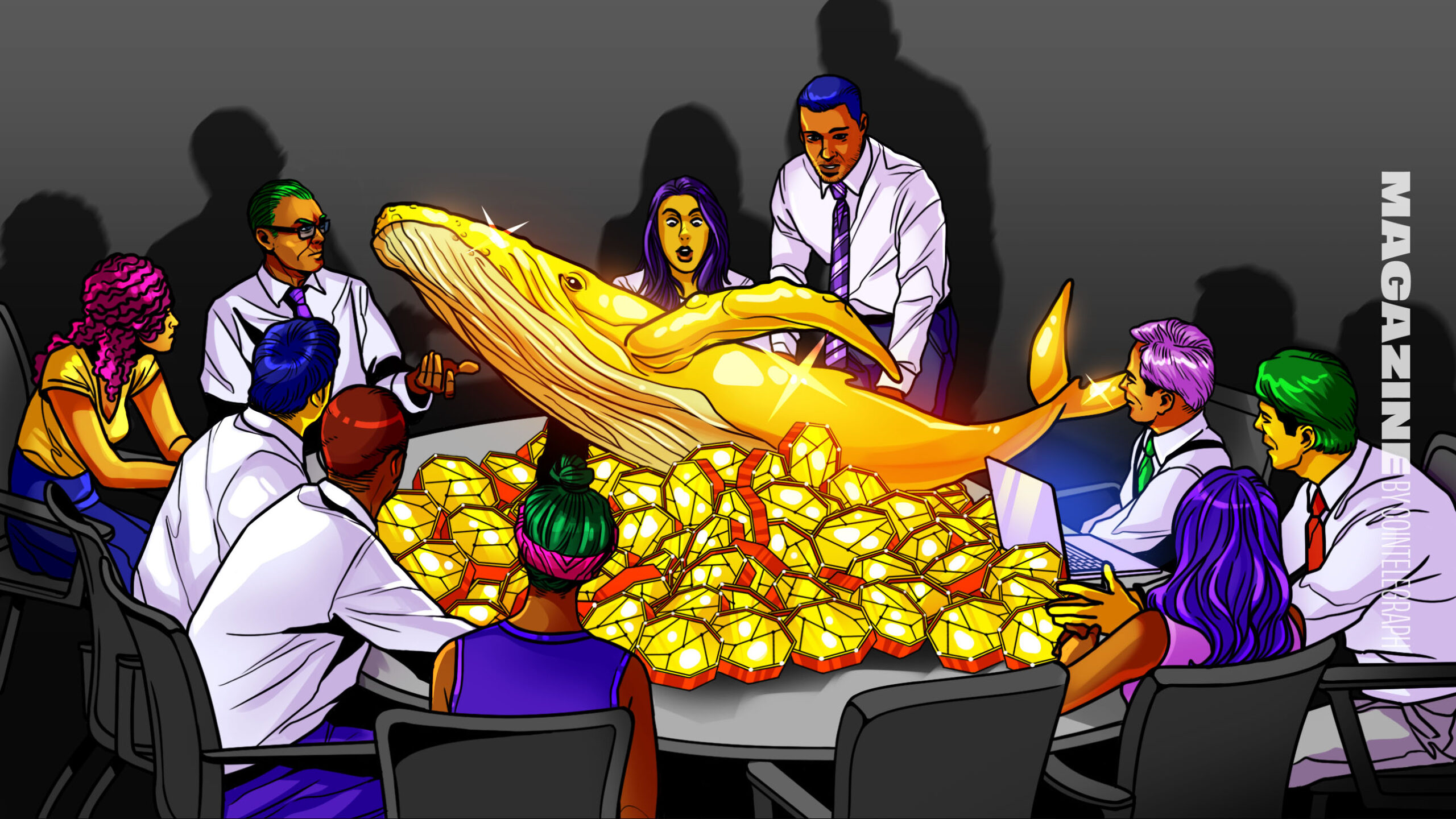









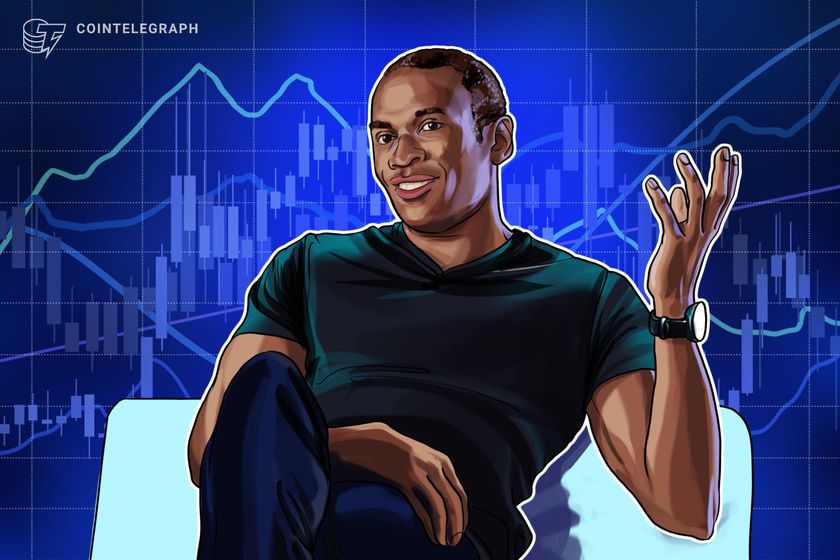
























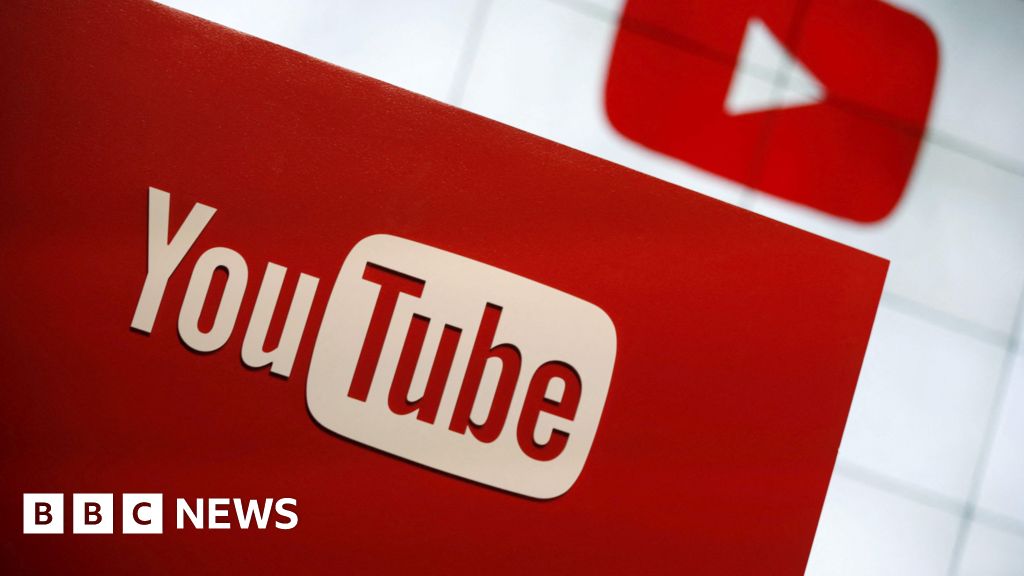

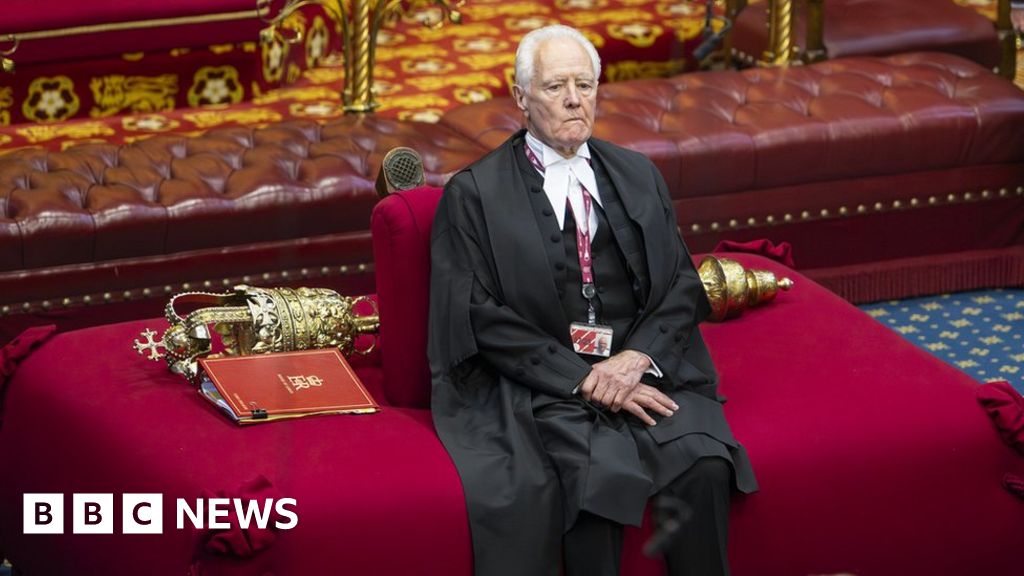




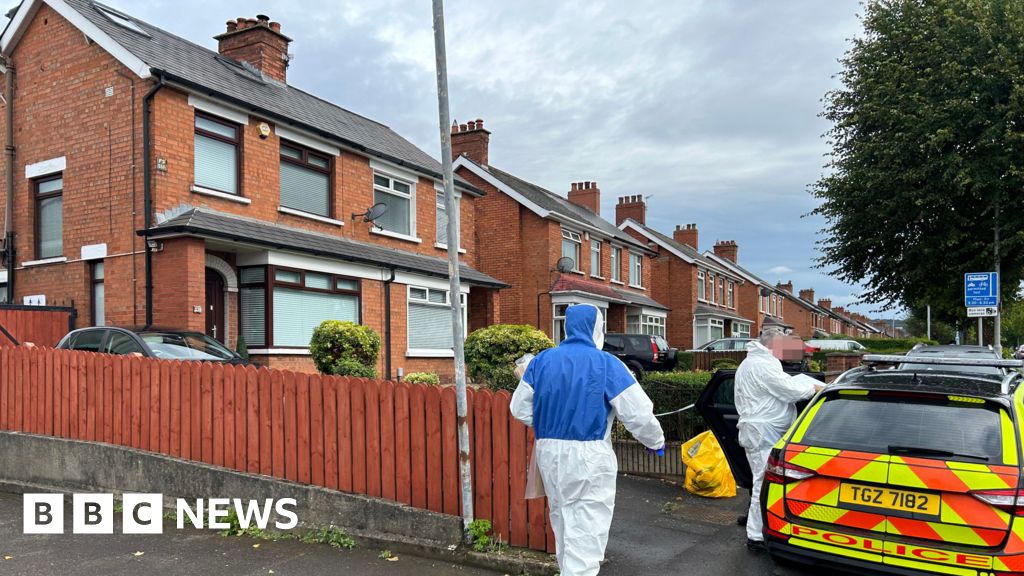


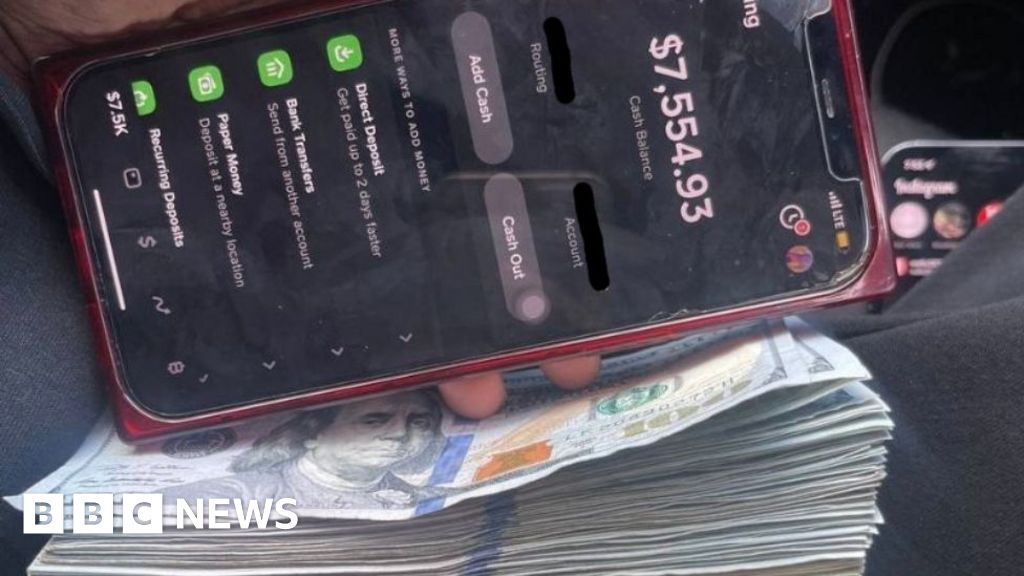
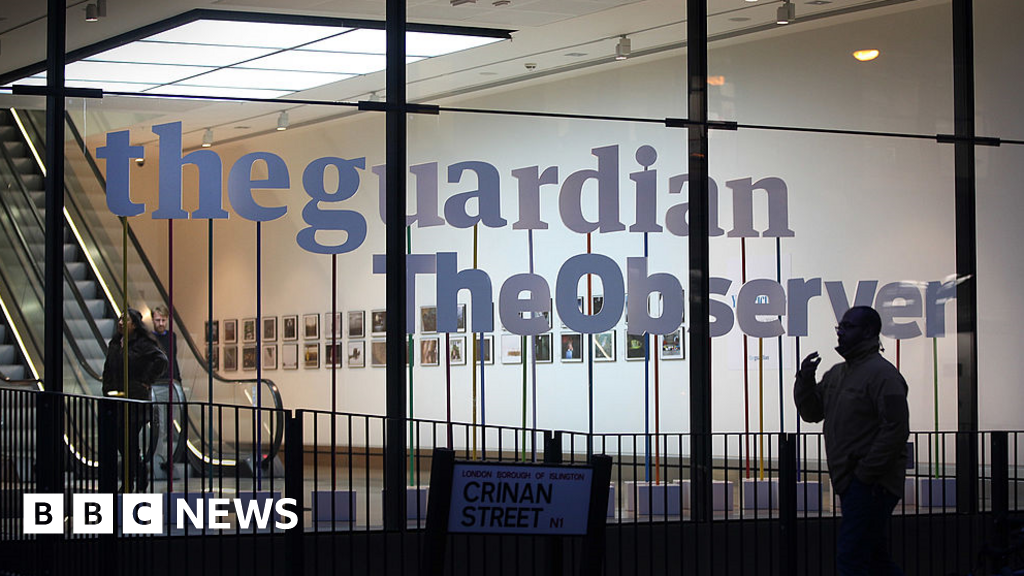
You must be logged in to post a comment Login